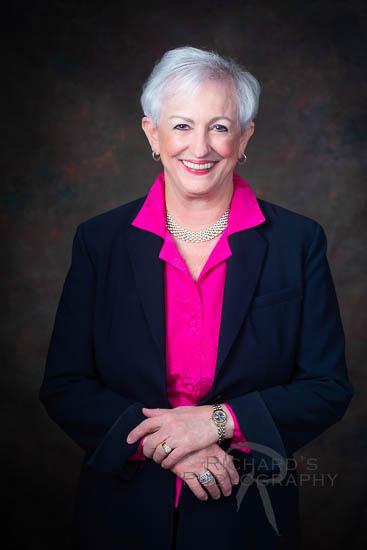
Photography 101: What Every Beginner Should Know
For beginners, a strong base leads to better photos.
Learn the Tools First
Every photographer must first learn their equipment.
Whether you shoot with a mirrorless camera, the rules of exposure remain the same.
Spend time changing lenses or focal lengths. Knowledge of features reduces frustration.
Why Photos Depend on Light
Good lighting separates average photos from great ones.
Golden hour glow adds natural beauty.
Studio strobes replicate daylight.
Shadow placement influence storytelling.
Building Strong Images
The way you place subjects matters as much as the subject itself.
Symmetry and balance guide the eye.
Try unusual angles. Fresh viewpoints separate your work from snapshots.
Building Skill Over Time
No one becomes skilled instantly.
Take photos of ordinary scenes. Practice makes settings natural.
Overexposed frames prepare you for improvement.
Why Editing Matters
Straight-out-of-camera images are fine, but editing refines them.
Tools like Lightroom, Photoshop, GIMP, or mobile apps fix color.
Editing should highlight the subject.
Getting Feedback
Images gain power when seen.
Photo forums give exposure.
Creating a portfolio marks milestones.
What Makes You Unique
It grows through experimentation.
Experiment with minimalism or detail. Each adds to your toolkit.
Your style may evolve, and that is natural.
Pitfalls and How to Overcome Them
Ignoring light direction are common issues.
Buying too much gear instead of learning skills creates frustration.
Awareness makes lessons stick.
Quick Pointers
- Always check your battery before leaving home.
- JPEGs are fine but less forgiving.
- Smudges ruin sharpness.
- Experiment with manual focus.
- Learn by observing composition and light.
Common Questions
Q: Do I need an expensive camera?
A: Start with what you have read more and upgrade later.
Q: How long until I improve?
A: Daily shooting builds skill faster.
Q: Is editing cheating?
A: No, editing is part of modern photography.
Q: Should I always follow look here rules?
A: Balance structure with experimentation.
Conclusion
The process matters as much as results.
Stay curious. With creativity and consistency, you’ll grow as an artist.
Whether as a hobby or a profession, every click is a lesson..
Photographers and Their Craft
A photographer is a storyteller through images.
Hobbyists look at the world differently.
Photographers specialize in unique areas, such as portraits. Each requires different techniques.
Great photographers study light carefully.
Understanding Camera Gear
The best camera is the one you use, yet knowing options is important.
Cameras
Smartphone cameras serve different purposes.
Mirrorless cameras are lighter, more modern, and great for travel.
Lenses
A lens often matters more than the body.
- Wide-angle lenses capture landscapes, architecture, and big scenes.
Understanding lens purpose teaches photographers versatility.
Tripods and Stability
They help landscape and night photographers.
Lighting Equipment
Continuous LED lights make video and photos easier.
Small Gear With Big Impact
- Lens filters are essentials that prevent problems.
- Weather covers help photographers stay mobile and organized.
- Gimbals let you try new perspectives.
Do Photographers Need Expensive Gear?
In reality, skill makes the bigger difference.
Still, gear upgrades can unlock possibilities when skills improve.
Steps Toward Mastery
Experimenting with different gear teaches flexibility.
Asking for critiques keep learning fresh.
Technology and Photographers
New cameras bring higher quality, yet creativity will always matter.
Mirrorless dominance are shaping the future.
Still, the essence remains: capturing light, telling stories, and expressing ideas.
Wrapping Up This Section
Photographers and their gear are inseparable.
Whether you are just beginning or a get more info seasoned pro, the journey of photography is endless.